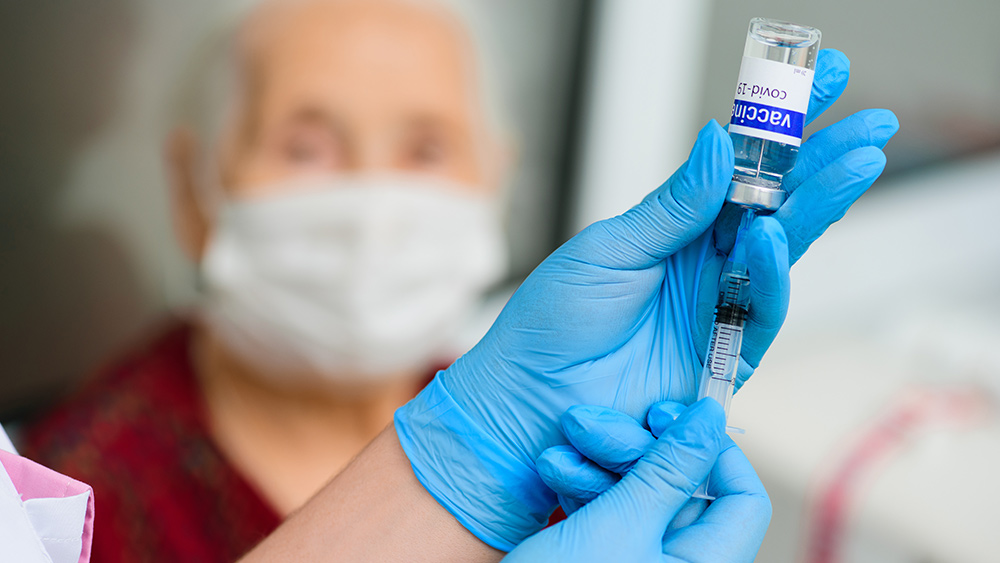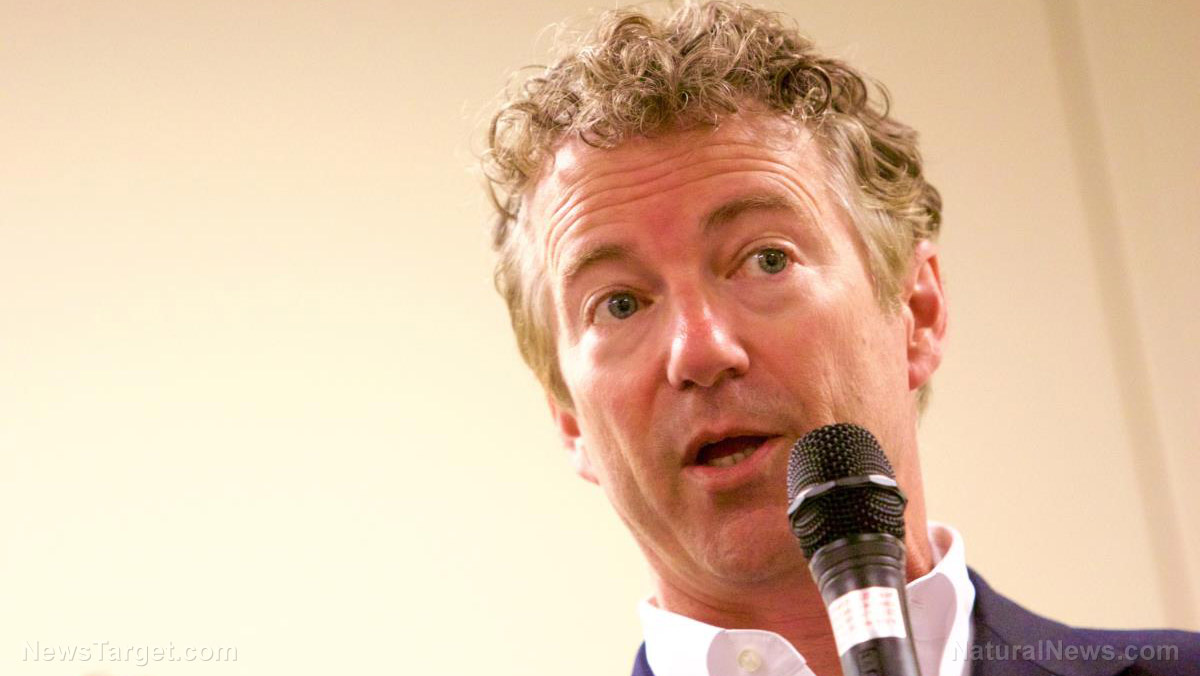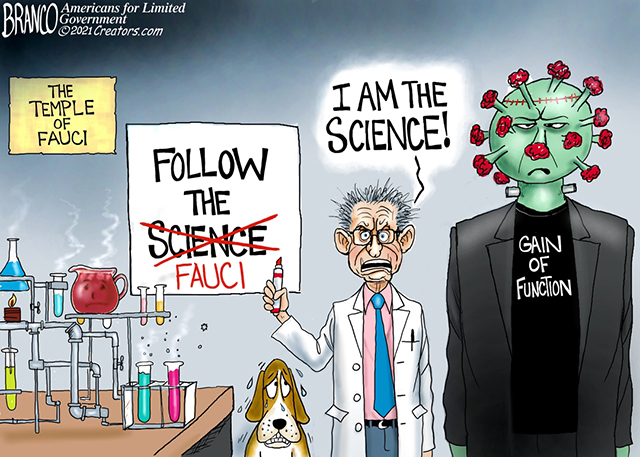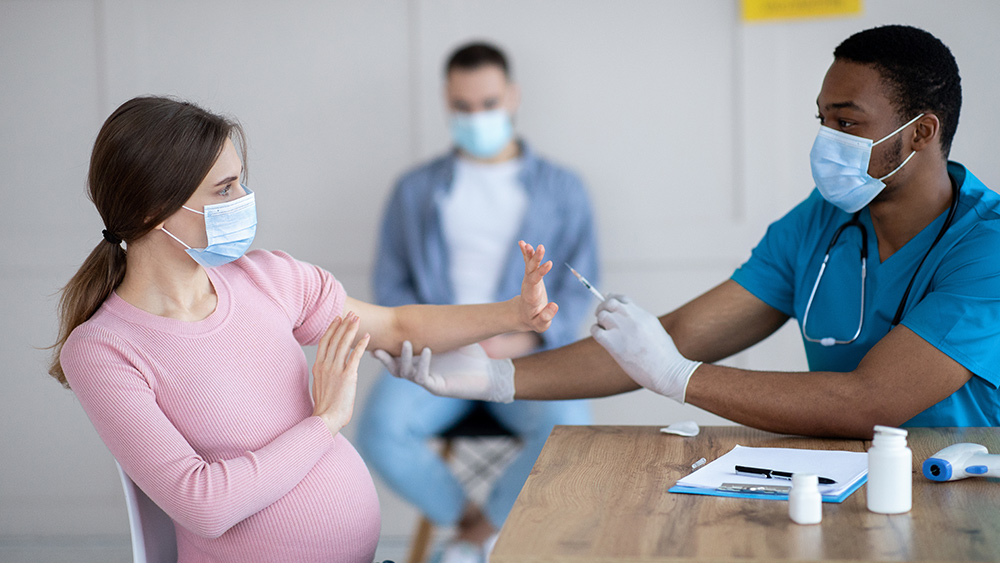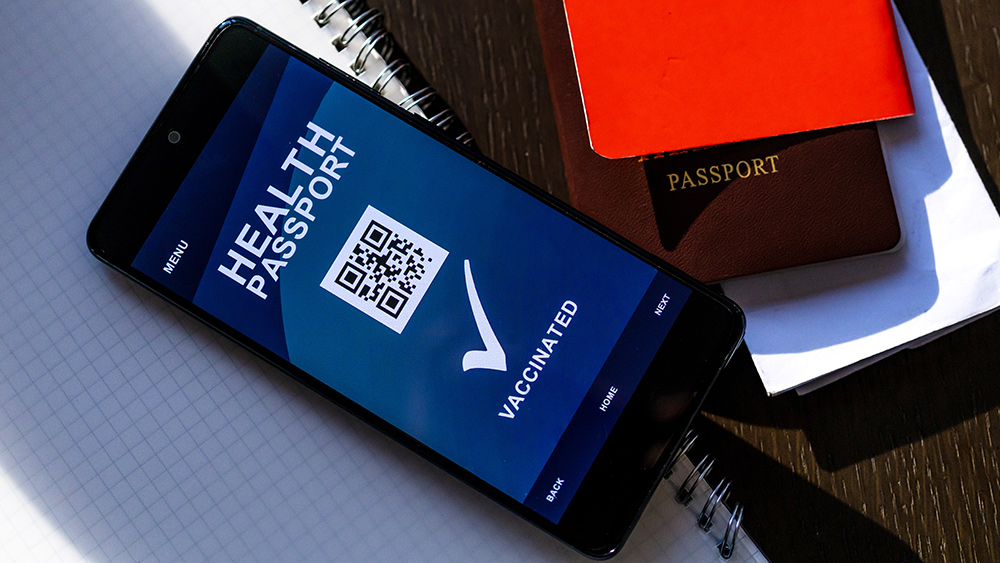Top scientists question need for coronavirus vaccine booster shots
09/27/2021 / By Ramon Tomey

A number of vaccine manufacturers have put forward the possibility of people who received the Wuhan coronavirus (COVID-19) vaccine getting booster shots in the future. However, some top scientists have questioned the necessity of these booster doses. They also expressed concern that pharmaceutical executives are pushing these booster shots instead of public health experts.
Reuters interviewed more than a dozen experts in the fields of vaccine development and infectious diseases. According to them, “growing evidence” exists that the current wave of vaccinations may protect against the pathogen and its variants.
World Health Organization (WHO) Department of Immunization, Vaccines and Biologicals Director Dr. Katherine O’Brien said: “We don’t see the data yet that would inform a decision about whether or not booster doses are needed.” She added that the WHO is forming a panel of experts to scrutinize data regarding vaccine efficacy and circulating Wuhan coronavirus variants. The panel will also recommend changes to immunization programs depending on the current need.
Former Centers for Disease Control and Prevention Director Dr. Tom Friedman disagreed with an assertion that people would need vaccine booster doses every year. “It’s completely inappropriate to say that we’re likely to need an annual booster, because we have no idea what the likelihood of that is,” he said. Friedman also debunked an assertion by Pfizer CEO Albert Bourla saying that people would need yearly booster doses. “There is zero – and I mean zero – evidence to suggest that that is the case,” he commented.
Takeda Pharmaceutical Co. Global Vaccine Business Unit President Dr. Rajeev Venkayya dubbed the booster shots as a “huge concern.” He elaborated: “It’s a huge concern that … wealthy countries would begin administering booster doses and further constraining supply of people’s first [dose] of vaccine.”
Venkayya’s remarks came in light of wealthy nations with sufficient vaccine stocks starting their booster immunization. Many fear that this will exacerbate the problems of developing countries, which are struggling even to vaccinate their populations with at least one dose. Ultimately, Dr. Monica Gandhi of the University of California remarked that “public health experts rather than CEOs” have the final say on booster shots.
Manufacturers insist on coronavirus vaccine booster shots despite warnings
Two vaccine makers – Pfizer and Moderna – have projected demand for booster shots. The companies’ mRNA vaccines both reported a more than 90 percent effectivity rate in clinical trials. Both vaccine candidates received emergency use approval from the U.S. Food and Drug Administration in December 2020.
According to an April 15 Wall Street Journal report, Pfizer CEO Albert Bourla said people will “likely” need a booster dose of its vaccine every 12 months. Speaking at an April 1 virtual event, he explained that the booster shot helps maintain high levels of immunity against the original SARS-CoV-2 strain and its variants. Bourla emphasized this during the event, saying that “it is extremely important to suppress the pool of people that can be susceptible to the virus.” (Related: BioNTech co-founder echoes Pfizer CEO, expects people to get vaccinated against coronavirus annually.)
The Pfizer executive detailed: “There are vaccines like polio where one dose is enough. And there are vaccines like [the one for] flu that you need every year. The [COVID-19] virus looks more like the influenza virus than the polio virus.” Meanwhile, Pfizer Senior Vice President of Vaccine Clinical Research and Development Dr. William Gruber told Reuters that the predicted yearly boosters were based on “a little evidence” of minimized protection over six months.
While Pfizer has only predicted the need for a booster shot, Moderna took it a step further and started work on one. Back in January of this year, the Massachusetts-based drug company said it is developing a booster shot targeting the South African B1351 variant. While Moderna’s vaccine provided strong protection against the British B117 strain, the vaccine’s antibody levels dropped six-fold against the South African strain. (Related: Moderna to develop booster shot after South African strain decreased its coronavirus vaccine’s antibody levels.)
Moderna President Stephen Hoge estimated that 30 percent of the U.S. population may decline the COVID-19 vaccine. This vaccine hesitancy contributes to the need for booster shots to keep immunity levels high, he said. Hoge also defended booster shots, saying that people at high risk of severe illness may need to boost their immunity amid the pathogen circulating widely.
Nevertheless, CDC Director Dr. Rochelle Walensky said the U.S. government is preparing in the event COVID-19 vaccine booster doses are needed. Speaking to CNBC, she remarked that health officials are “thinking ahead” in case vaccine-induced immunity begins to decline. While they do not know when it will occur, Walensky remarked that they “are planning for it just in case.”
Visit Vaccines.news to read more articles about COVID-19 vaccine booster shots.
Sources include:
Tagged Under: Big Pharma, BioNTech, booster doses, booster shots, coronavirus vaccine, covid-19 pandemic, immunity, Moderna, mRNA vaccine, Pfizer, vaccine wars, vaccine-induced immunity, vaccines, Wuhan coronavirus
RECENT NEWS & ARTICLES
COPYRIGHT © 2017 VACCINE JIHAD













